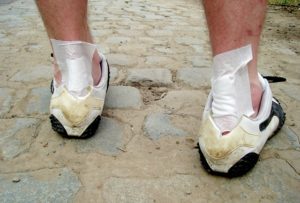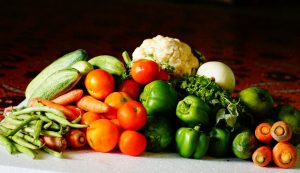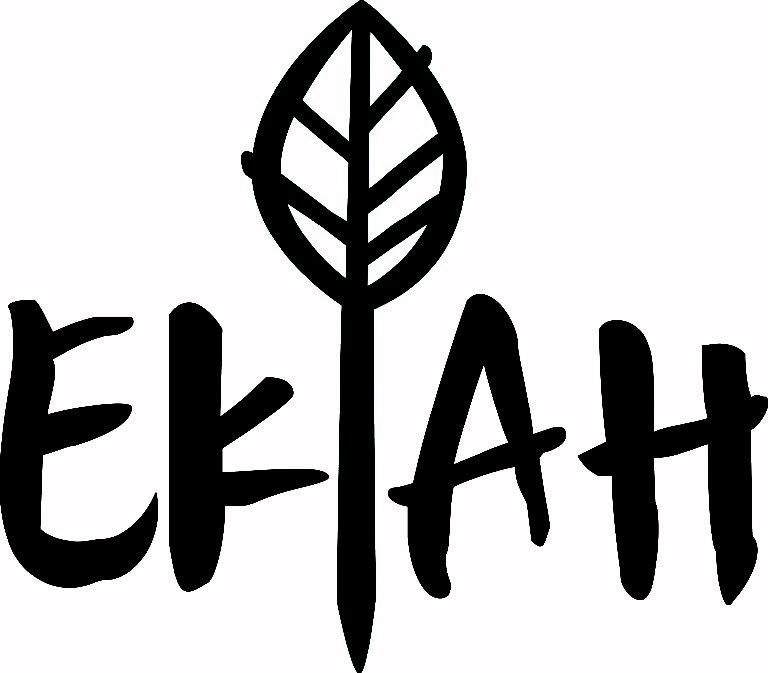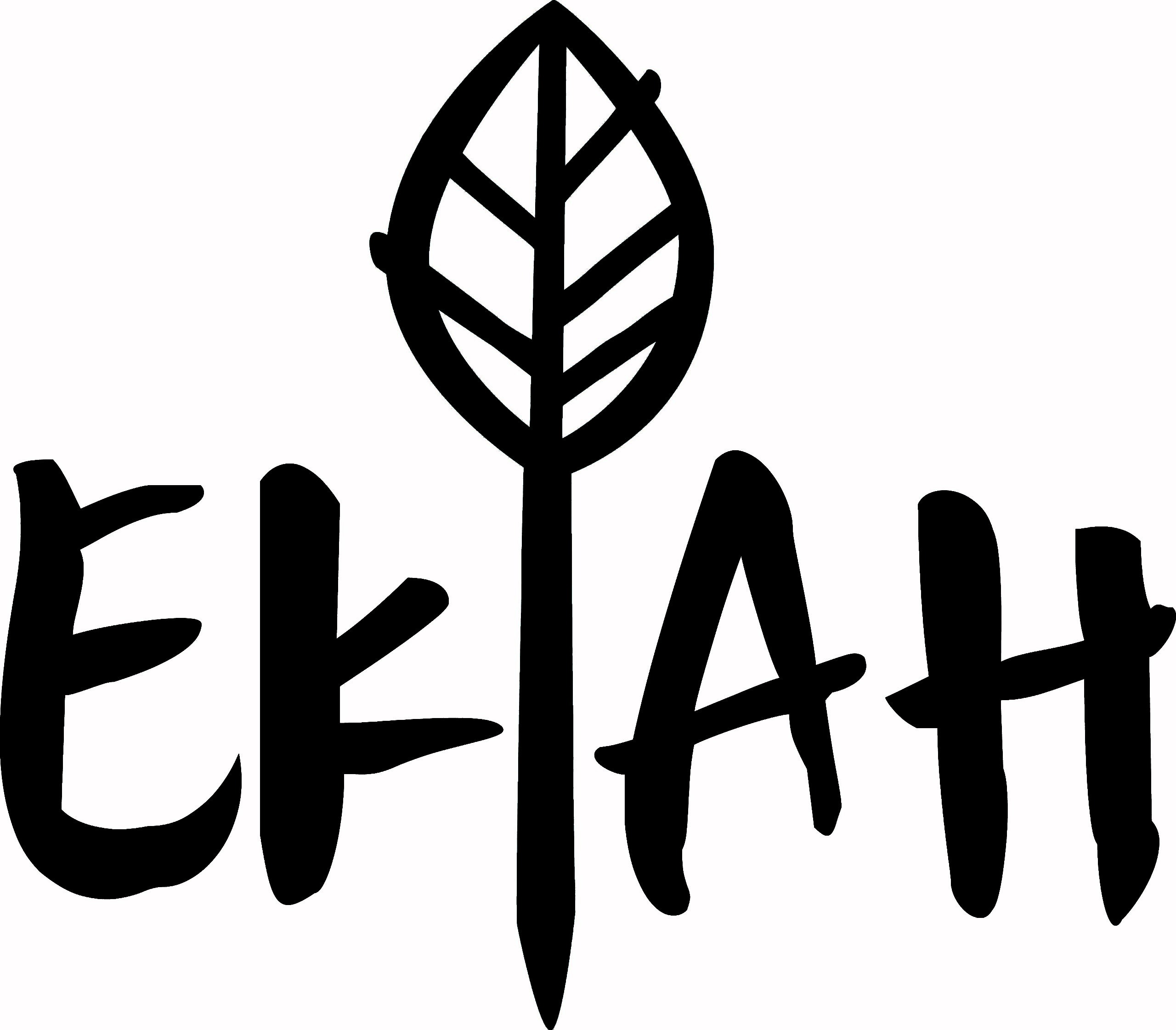HealthWellNews
May AcuNews Vol.2
Acupuncture for Rehabilitation from Sports Injury

Sports injuries are an incredibly common reason patients first seek out treatment with Traditional Chinese Medicine. From a TCM perspective, there are numerous energetic imbalances that may have predisposed someone to a particular injury, or may now be affected by the injury. A trained practitioner will look at the location of the injury, the depth of the injury, and the pathology of the injury.
A sports injury anywhere on the body may have the following components:
Blood Stasis: Blood stasis is often caused by trauma to the local area, such as falling on the soccer field or getting hit with a hockey stick. Symptoms of blood stasis include sharp and stabbing pain that is worse with pressure, bruising and skin discoloration. When the stasis is severe it may affect sleep. Sports injuries such as bone breaks, contusions, fractures, tendon and ligament tears frequently have a blood stasis component.
Qi Stagnation: Qi stagnation can be caused by trauma but more frequently is caused by overuse, repetitive motion, poor posture or form while doing an exercise. Pain from a Qi stagnation injury tends to be dull, achy, throbbing and diffuse. Normally it is worse with pressure, but may be better with gentle movement. Common injuries that often involve Qi stagnation are tendonitis, muscle strains, chronically tight muscles and shin splints.
Heat: Both Qi stagnation and blood stagnation can generate heat, which is a TCM explanation for lots of kinds of inflammation. Any sports injury that presents as red, hot and swollen has a heat component to it.
Cold: Just as pathogenic heat can be a factor in sports injuries, so too can pathogenic cold. There is an idea in TCM that cold can “direct strike” an organ or energy system, leading to severe, acute, cramping pain. This often occurs after exposure to cold, such as running a race on a cold day, swimming in cold water or sitting in an ice bath after a workout. Cold can also be a factor in certain chronic areas of pain, particularly when bone is involved or when the injury is in a location that doesn’t get a lot of blood flow.
Blood deficiency: Any acute sports injury has a component of stagnation or stasis. However, there may be an underlying blood deficiency that allowed the tissues to be more susceptible to injury. The blood is said to nourish the tendons, so this is particularly true in tendon injuries such as tennis elbow or achilles tendonitis. Blood deficiency may also be a result of a sports injury, such as a concussion, which means the body needs more resources to rebuild itself after the injury.
Luckily, TCM has numerous ways of treating sports injuries and helping in the rehabilitation process:
Acupuncture: Acupuncture can help to increase blood flow to an area, reduce pain, inflammation and help tissues heal.
May AcuNews Vol.1
Healthy Eating for Summer
Traditional Chinese Medicine is a medical system that is thousands of years old and incorporates many different modalities. TCM theory emphasizes that Mother Nature provides the right kind of food for the right kind of environment. For instance, if the weather is cold, then warming, nutrient-dense foods are best for the body. Likewise, when summer rolls around, it is best to partake of cooling foods and foods that are abundant during this season.

Summeris a time of great abundance. Or as the Chinese refer to it, the time of utmost yang. The days are longer and warmer. And everything and everybody seems to be more active. The warmth of the summer sun encourages growth and maturation. In TCM, summer relates to the element of fire and the heart and small intestine energetic pathways or meridians. Because summer is a time of growth, many fruits and vegetables become abundant during the season. And because the season tends to be the warmest, it is important to stay cool and hydrated.
The body is thought to contain a substance the Chinese call Qi (pronounced “chee”). This Qi is frequently translated into the term energy in English. When a person’s Qi is low, then a deficiency develops. Conversely, when there is an excess of Qi, problems may arise indicative of this. Sweat is the fluid of the heart. When a person sweats excessively, the Qi of the heart becomes scattered and weak. This can weaken the mind and cause symptoms like depression, restlessness, insomnia and irritability. But this can be countered by eating foods salty and sour in nature. This includes foods such as miso, pickles, lemons, limes and sour plums.
The summer months are generally hot and therefore the body needs to be kept cool. This is the perfect time to eat more raw foods that clear heat. But as with anything, don’t overdo it. Too much cold or raw foods can wreak havoc on the digestive tract causing spasms, tightness and contractions. This will make the body work harder to warm the food being eaten, which can then deplete the Qi of the spleen and stomach meridians. Therefore cooked foods and even soups are still recommended during the warm summer months. They are usually made with seasonally-available foods or eaten at room temperature to avoid any digestive conflict.
It is best to avoid heavy, greasy and fried foods during the summer months, as they can clog up the digestive system. They can also create excess phlegm in the lungs leading to respiratory problems. And when cooking during the season of summer, it is best to create meals quickly and simply by grilling or stir frying.
Examples of foods beneficial for the summer months include peppers, eggplant, cabbage, kale, broccoli, spinach, melons of all kinds, beets, berries, pineapple, cucumbers, grapefruit and mushrooms. If you need more help understanding or designing a proper seasonal-eating plan, contact your local acupuncturist or TCM practitioner. They will definitely be able to help you identify what plan works best for you.
Acupuncture for your Eyes
Are Your Eyes Red or Inflamed?

In the world of Traditional Chinese Medicine, the liver energy flows upward into the eyes. When this energy is flowing smoothly and working as it should, your vision is clear and sharp, you have efficient night vision and the eyes are bright and well-lubricated.
When out of balance, the liver can generate heat that rises upward. This heat
can manifest in dry eyes, itchy eyes or eyes that are red and irritated. Think about how red one’s eyes can get after a night of drinking. Alcohol adds heat to the liver, which in turn rises upward and creates hot, red eyes. The facial flushing you see after a night of imbibing is also indicative of this heat.
When the liver blood is deficient, you will see symptoms of dryness throughout the body, particularly in the eyes. Dry, scratchy eyes are a sign of liver blood deficiency, and floaters (those little black spots that can appear in the periphery of your vision) are also indicative of this deficiency.
When liver blood deficiency becomes more pronounced, patients can develop something we acupuncturists refer to as “Internal Wind.” Wind manifests as symptoms of shaking, tics, tremors or issues such as rashes that move around from place to place within the body. You know that annoying eye twitch you get that you are convinced the world can see, even though everyone tells you they don’t notice it? Those tics are a sign the body is deficient in energy, and wind has developed to shake things up. Internal wind can also show up as issues that itch, such as dry, itchy eyes.
The kidney plays a role in keeping the body well-oiled and lubricated. If the kidney yin is lacking, you might experience dry, creaky joints, dry skin and eyes.
Book your free consultation today to learn more!





